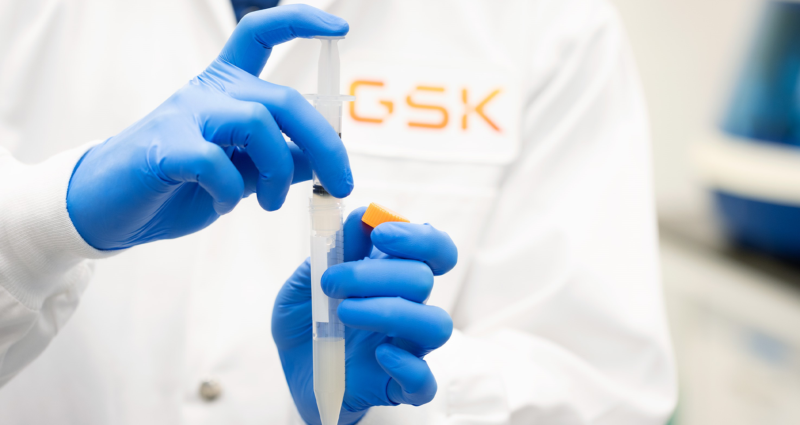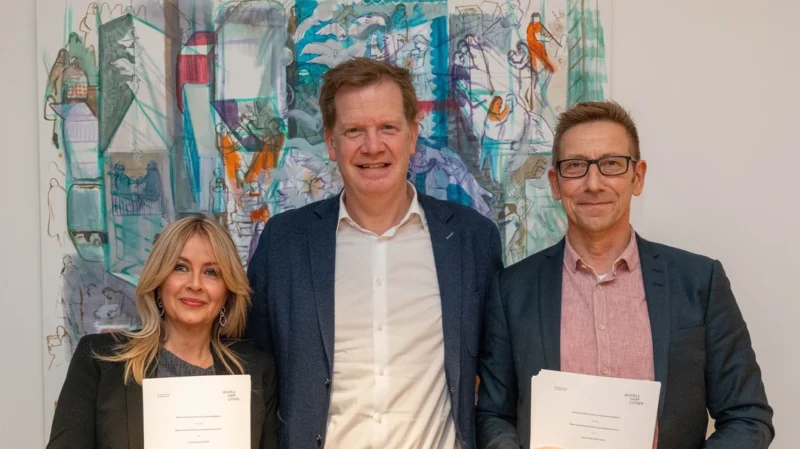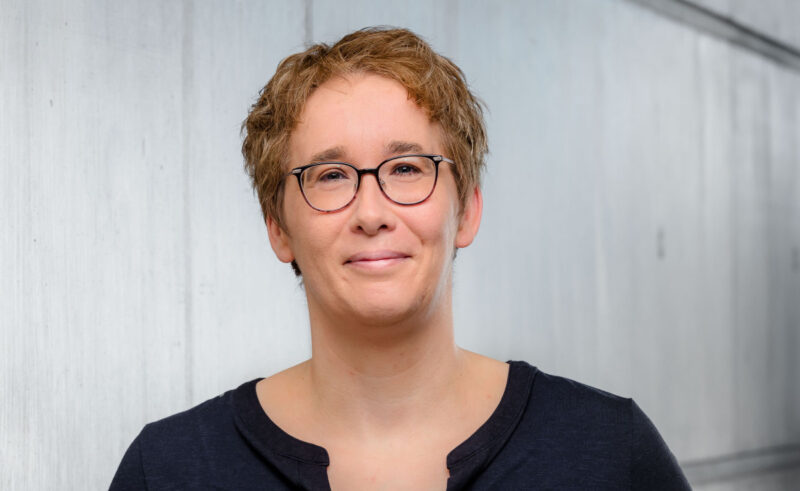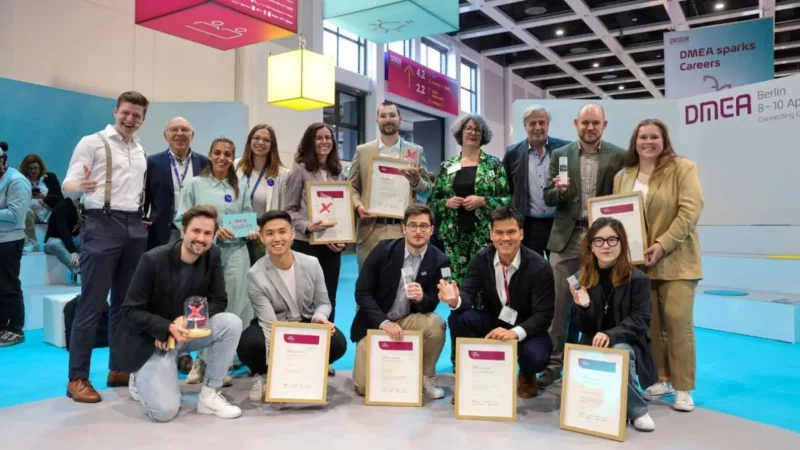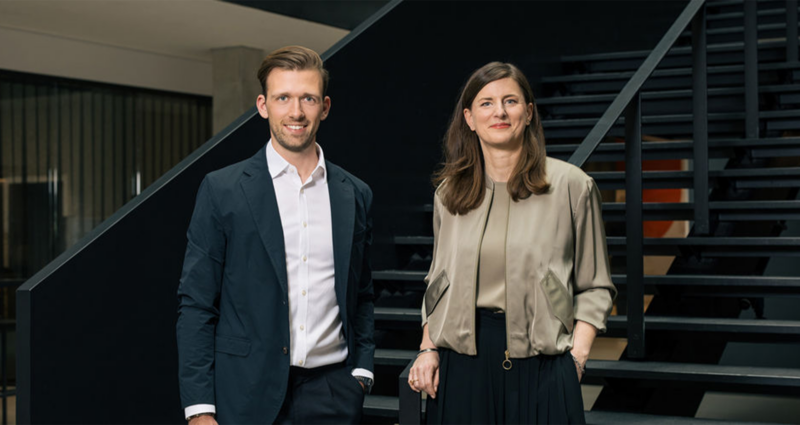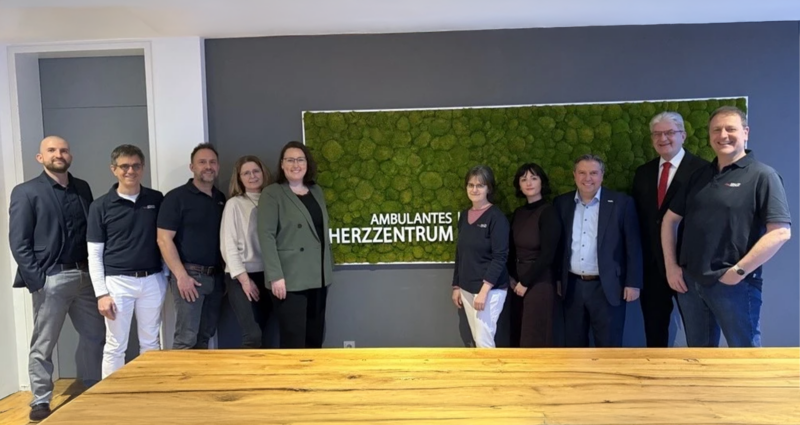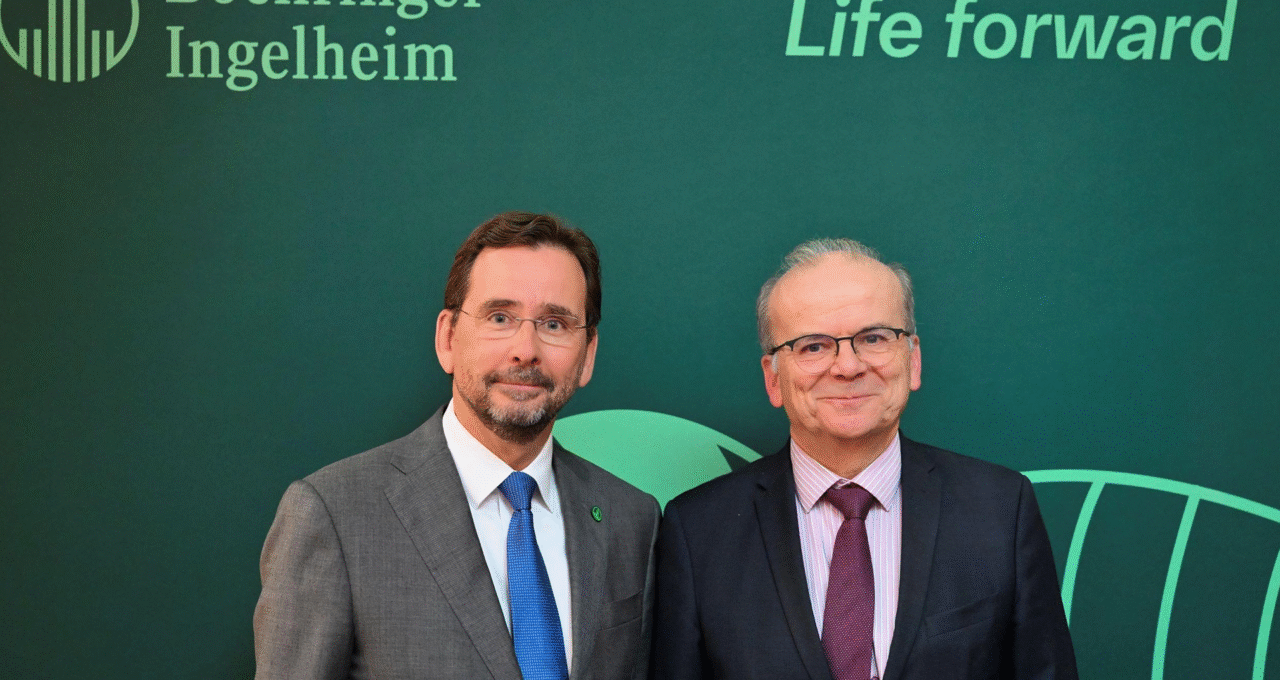
Tuesday, October 28, 2025
Boehringer Ingelheim and Partners Present White Paper with Twelve Recommendations to Strengthen Germany’s Innovation Power
How can we safeguard Germany’s innovation strength? This key question was at the center of today’s presentation of the White Paper “More Innovation for Germany” by Boehringer Ingelheim and leading partners from science and industry to Dr. Rolf-Dieter Jungk, State Secretary at the Federal Ministry for Research, Technology, and Space.
The White Paper contains twelve concrete recommendations for action designed to sustainably strengthen Germany’s innovation landscape. It focuses on three key questions:
- How can innovation become a political and societal priority?
- How can research be translated more quickly into market-ready applications?
- How can Germany become more attractive again for investments in future technologies?
The document calls for a systematic national approach to innovation – establishing innovation as a shared societal goal, accelerating approval processes, introducing tax incentives for venture capital, and creating an Innovation Council within the Federal Chancellery.
These recommendations are the result of a broad stakeholder process involving representatives from science, industry, politics, and society – including the Federation of German Industries (BDI), Charité – Universitätsmedizin Berlin, and the Max Delbrück Center. The collaboration highlights the need for a comprehensive, united strategy to strengthen Germany’s innovation power.
Médard Schoenmaeckers, Chairman of the Management Board, Boehringer Ingelheim Germany GmbH, stated:
“Germany stands at a turning point: our innovative strength will determine our nation’s future. It takes shared commitment and political leadership to create the right framework for innovation.”
Tanja Gönner, Chief Executive Officer of the BDI, emphasized:
“Innovation is the key to our country’s competitiveness. To remain strong globally, we must invest purposefully in research, development, and technology transfer to build long-term industrial resilience and sovereignty.”
Prof. Dr. Maike Sander, Scientific Director of the Max Delbrück Center, added:
“Innovation begins where research meets application. We need more courage, more speed – and policies that make both possible.”
Prof. Dr. Heyo K. Kroemer, Chief Executive Officer of Charité – Universitätsmedizin Berlin, noted:
“For innovation to succeed, research, education, and technology transfer must move even closer together. The future of healthcare depends on interdisciplinary collaboration as the foundation for medical progress.”
